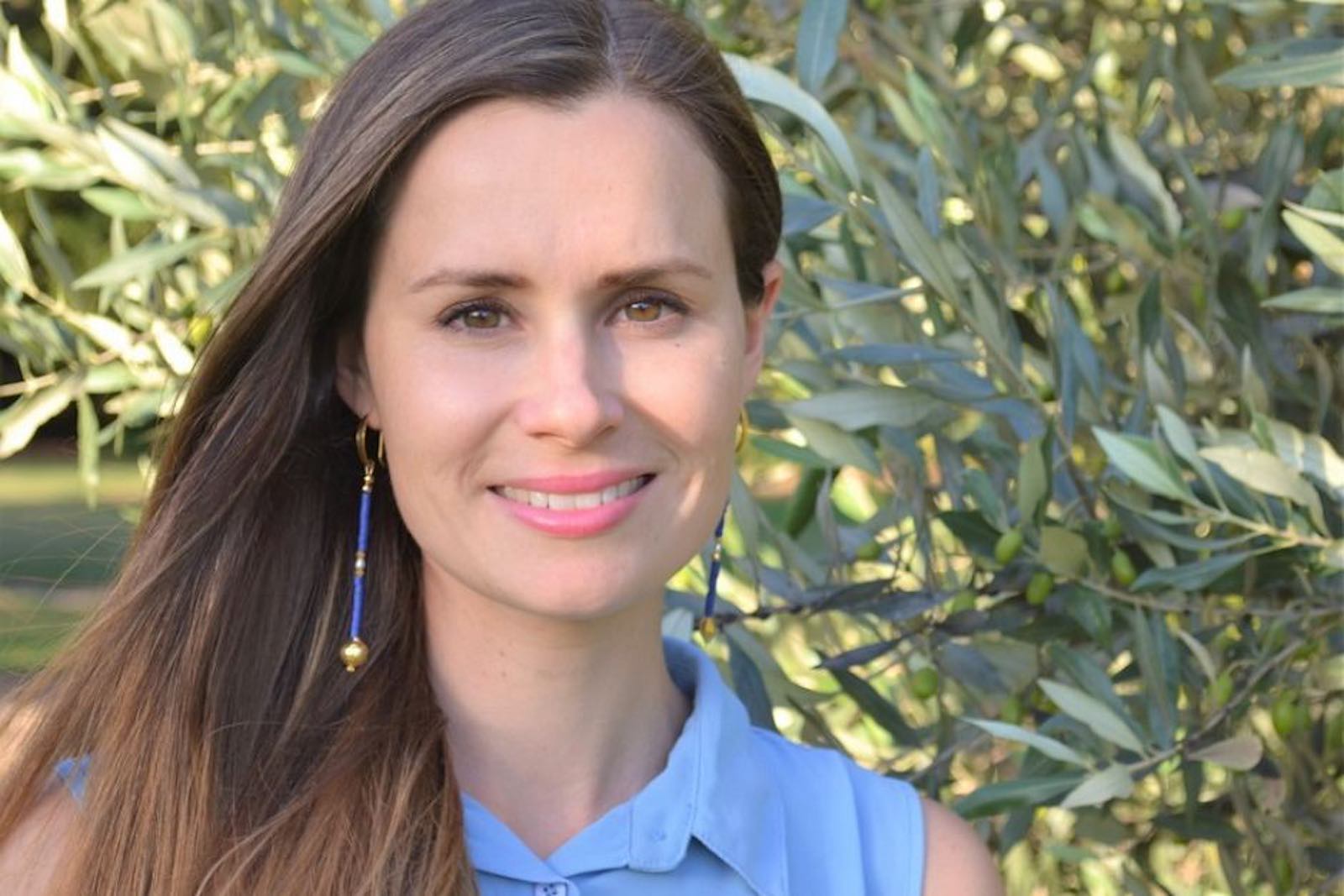Journalist Peter Greste, who was jailed for 400 days in Egypt, says Australia needs to apply public pressure on Iran to release Australian academic Kylie Moore-Gilbert, arguing the time for “quiet diplomacy” has passed.
The Department of Foreign Affairs Dr Moore-Gilbert’s supporters to refrain from publicly commenting on her case, saying it could make Iranian authorities less likely to release the woman they claim is a spy.
Professor Greste, who was wrongly imprisoned in Cairo while reporting for Al Jazeera, said while he understood why DFAT had advocated the approach, it was time for a new strategy.
“I recognise DFAT’s instincts and I think there is clearly value in DFAT’s experience,” he said.
“But, equally, all of the evidence is that Kylie’s situation has deteriorated and it is now time to step up and make it very clear that ordinary Australians are losing patience.
“The Iranians need to understand that Australians, particularly Kylie’s friends who know her and know she is not a spy, believe this is a massive injustice. If Iran wants to be taken seriously as a place that respects the rule of law, it needs to correct this.”
Dr Moore-Gilbert is two years into a 10-year sentence for spying after she was reported for asking “suspicious’’ questions during an Iranian study tour in 2018. Australian consular officials visited her in Qarchak Prison just over a week ago, finding she was “well” and had access to food, medical facilities and books.
Read the article by Ben Packham in The Australian.

